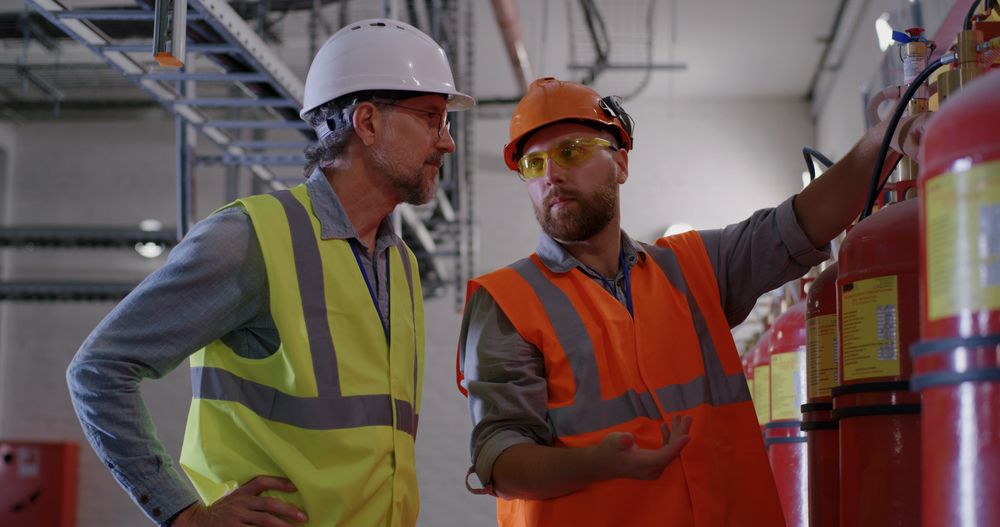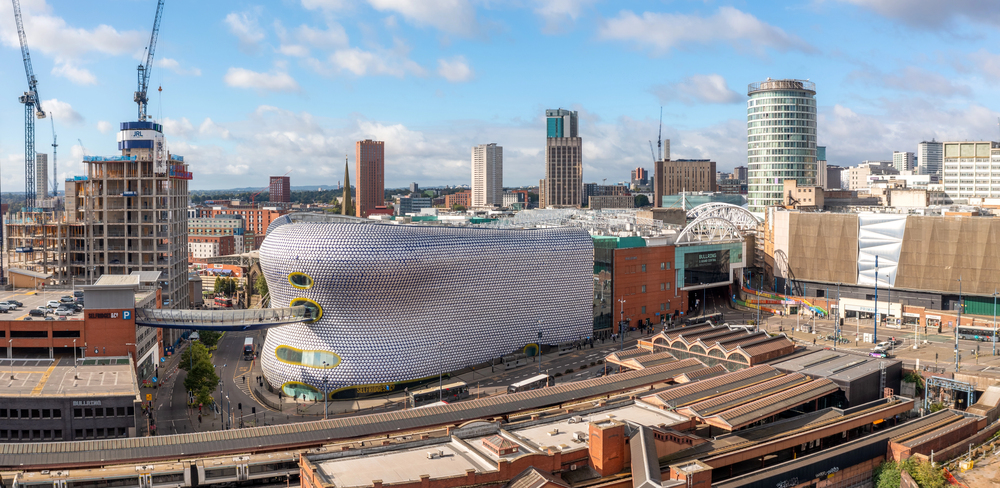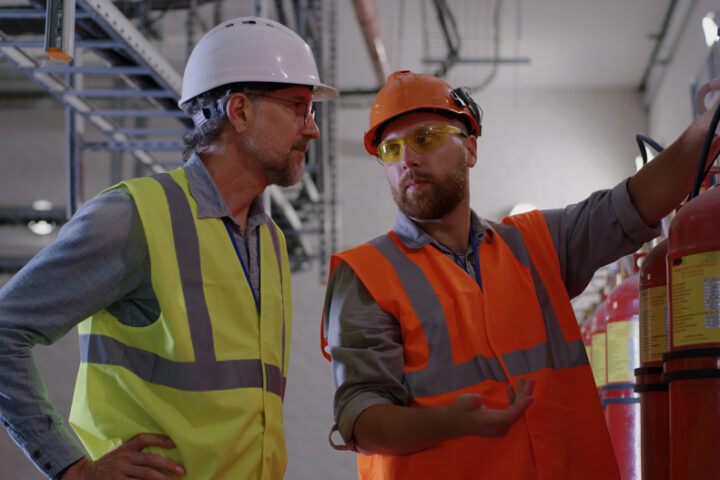The construction and building services industry is undergoing a major transformation, with sustainability becoming a key driver of business success. As an HVAC engineer or contractor, you’ve probably noticed a growing demand for eco-friendly, energy-efficient solutions.
Clients are increasingly prioritising sustainability, not just for ethical reasons, but because it delivers tangible financial and operational benefits. By embracing environmentally conscious design, you can position yourself as a leader in the field and unlock new opportunities for growth.
Cost savings
Sustainable design delivers immediate and long-term cost savings that go far beyond energy-efficient systems. For instance, renewable heating systems like air-source heat pumps require less maintenance than conventional gas boilers, leading to fewer service calls and lower repair costs.
This allows you to offer your clients more affordable, long-term solutions. Plus, these systems are often eligible for government grants, reducing the upfront installation costs.
These savings aren’t just beneficial for your clients, but they also have direct implications for your business. By offering energy-efficient solutions, you provide customers with a strong return on investment while boosting your reputation as a knowledgeable and responsible contractor.
Moreover, as demand for these systems grows, the cost-effectiveness of renewable energy solutions will become an even more significant selling point, making your services increasingly attractive to clients looking to cut costs.
Technological leadership
When you adopt low-carbon heating technologies, you place yourself at the forefront of a growing sector. Installing systems like heat pumps, solar PV panels, or underfloor heating not only adds value to your projects, but it also demonstrates your expertise in innovative, environmentally friendly solutions.
As the UK moves towards its decarbonisation targets, the demand for renewable technologies will continue to rise. By staying ahead of the curve and gaining certification in sustainable technologies, you’ll position yourself as a trusted expert in this space.
Your ability to offer solutions that align with the UK’s low-carbon goals will not only make your business more competitive but also ensure you stay relevant as the industry evolves.
Moreover, being a leader in renewable technologies can open doors to more high-profile projects. Developers and businesses are increasingly seeking out professionals with expertise in sustainable construction practices. This can translate into new contracts, increased visibility, and even more opportunities for growth in an expanding market.
Future proofing
The push towards environmentally responsible practices is only going to intensify as government regulations tighten and consumer demand for energy-efficient properties increases.
By investing in green technologies now, you’re ensuring that your business remains competitive long into the future. Regulations are becoming more stringent, and the focus on energy efficiency will only grow. Contractors who fail to adapt risk being left behind.
In addition to securing your business’s future, focusing on sustainability can improve your career prospects. Acquiring new skills and certifications in sustainable technologies will make you more marketable to a wide range of clients.
Whether it’s residential, commercial, or large-scale public sector projects, businesses are increasingly looking for professionals with expertise in energy-efficient design. By staying ahead of industry trends, you ensure that your skills remain in demand, opening up new avenues for professional growth.
Sustainability is your next competitive edge
Sustainable building design offers clear financial, operational and professional benefits. By incorporating renewable heating systems and energy-efficient solutions into your projects, you’ll not only reduce costs and increase property value, but you’ll also position yourself as a leader in the rapidly evolving construction sector.
As the demand for sustainable buildings grows, so does your opportunity to build a competitive edge. Instead of simply keeping up, it’s time to start leading the way. Those who adapt now will be well-placed to thrive in the future.







